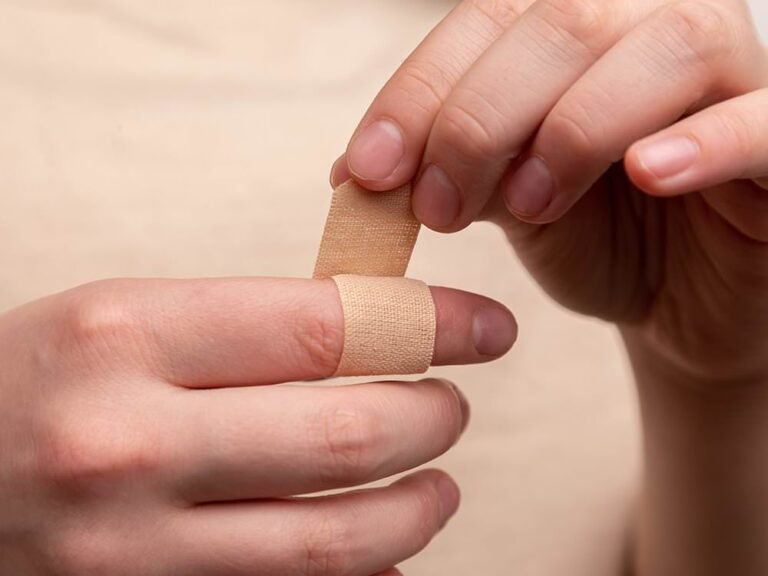le pouvoir
The French masculine noun “le pouvoir” translates to “power” or “authority” in English. It comes from the French verb “pouvoir,” meaning “to be able,” or “can.” “Le pouvoir” has its roots in the Latin word “potere,” which means “to be able” or “to have the right.” This Latin term evolved into the Old French “povoir” before…









